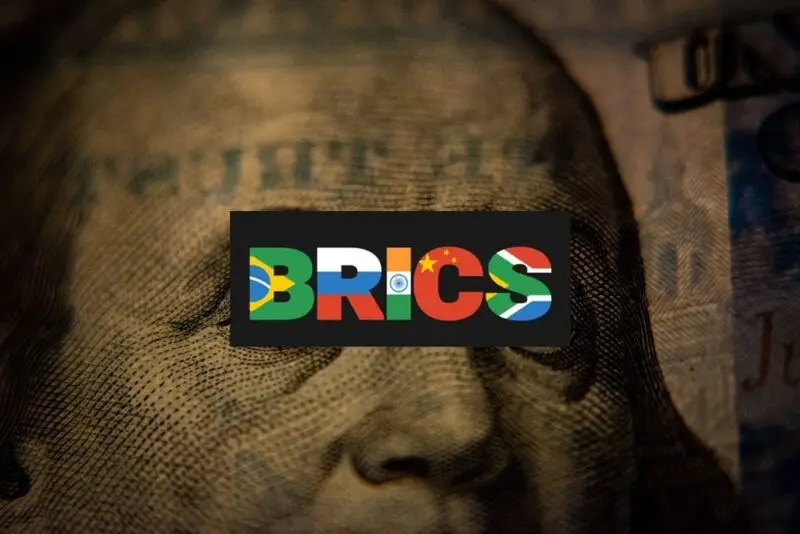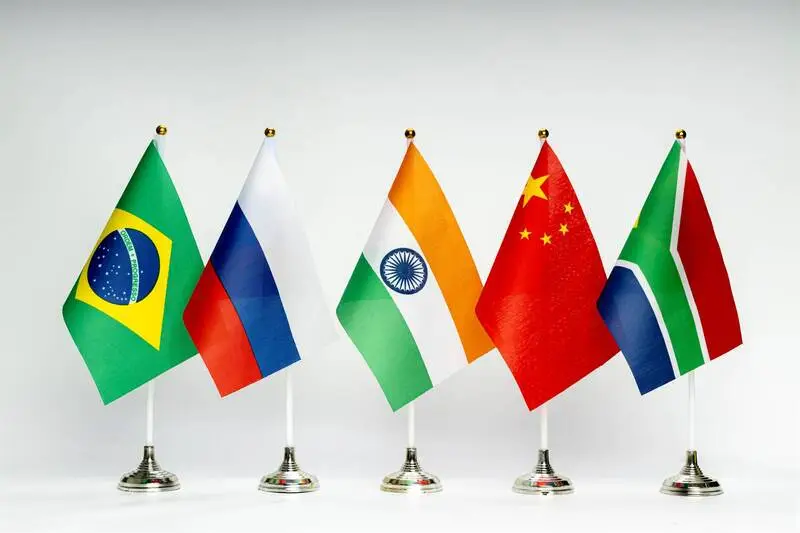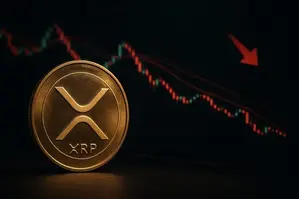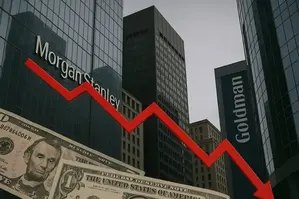Nilton David, the Deputy Governor and Director of Monetary Policy of Brazil’s Central Bank, spoke about BRICS challenging the US dollar on the global financial landscape. He explained a realistic prospect of the alliance in its quest for world domination. The bloc has been consistently pushing for de-dollarization and making local currencies the centerpiece of all cross-border trade and transactions. Will this push BRICS into toppling the US dollar in the next 10 years and become a dominant force?
Also Read: BRICS: Tanzania Officially Bans the US Dollar
BRICS Cannot Topple the US Dollar, Says Brazil’s Central Bank Deputy Governor

Brazil’s Central Bank official says that the BRICS alliance has no strong asset that can challenge the US dollar. He revealed that there are no stronger BRICS-denominated assets or currencies that can offset or replace the US dollar. David explained that the alliance cannot make de-dollarization a success even after 10 years, well into the next decade.
Also Read: De-Dollarization: China Gets $17 Billion Inflow of Capital as US Wanes
“I don’t think that will change over the coming decade,” he said during a webcast on BRICS-denominated assets taking over the US dollar. He acknowledged that alternative trading options might thrive next decade, but that won’t hit the nail on the USD’s coffin. He added that there is no alternative or viable option that can dislodge the greenback in the near horizon.
When asked during the webcast if Bitcoin can replace the USD, David called it “a speculative currency by nature.” He said that Brazil has $340 billion in foreign-exchange reserves because the greenback will not dip like Bitcoin. David believes that Bitcoin will not become a counterweight to the US dollar and national currencies of BRICS economies.
Also Read: BRICS: 5 Countries Pay 93% of Trade in National Currencies
The Central Bank Deputy Governor even questioned if BRICS can become a counterweight to Western powers. The alliance has several drawbacks and financial limitations that do not allow it to grow like the US dollar. This limits its powers to only trading in local currencies and does not do much harm to the greenback’s global dominance.






